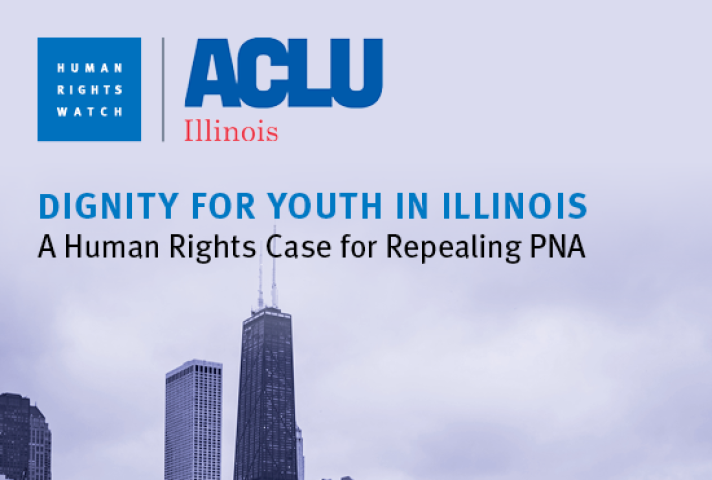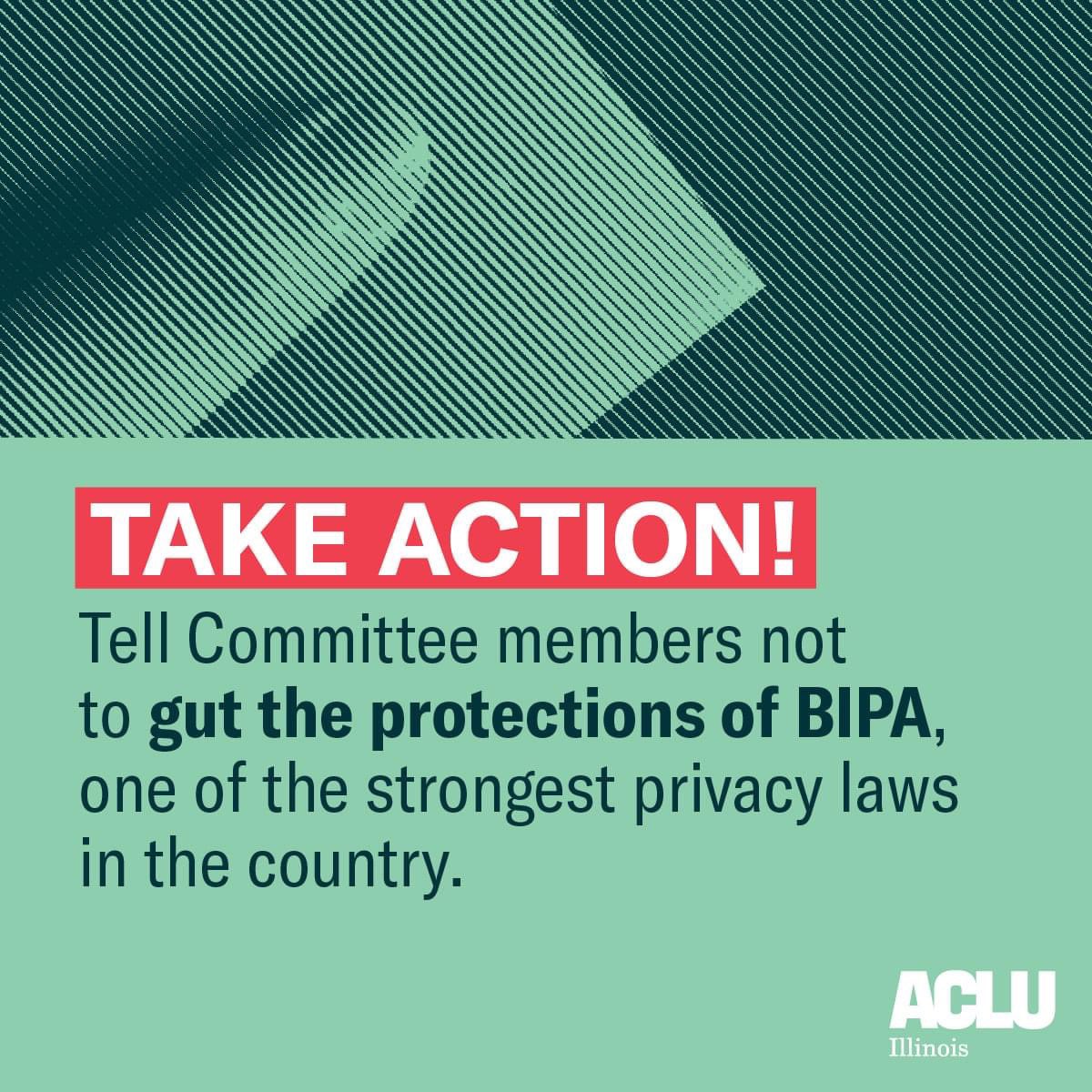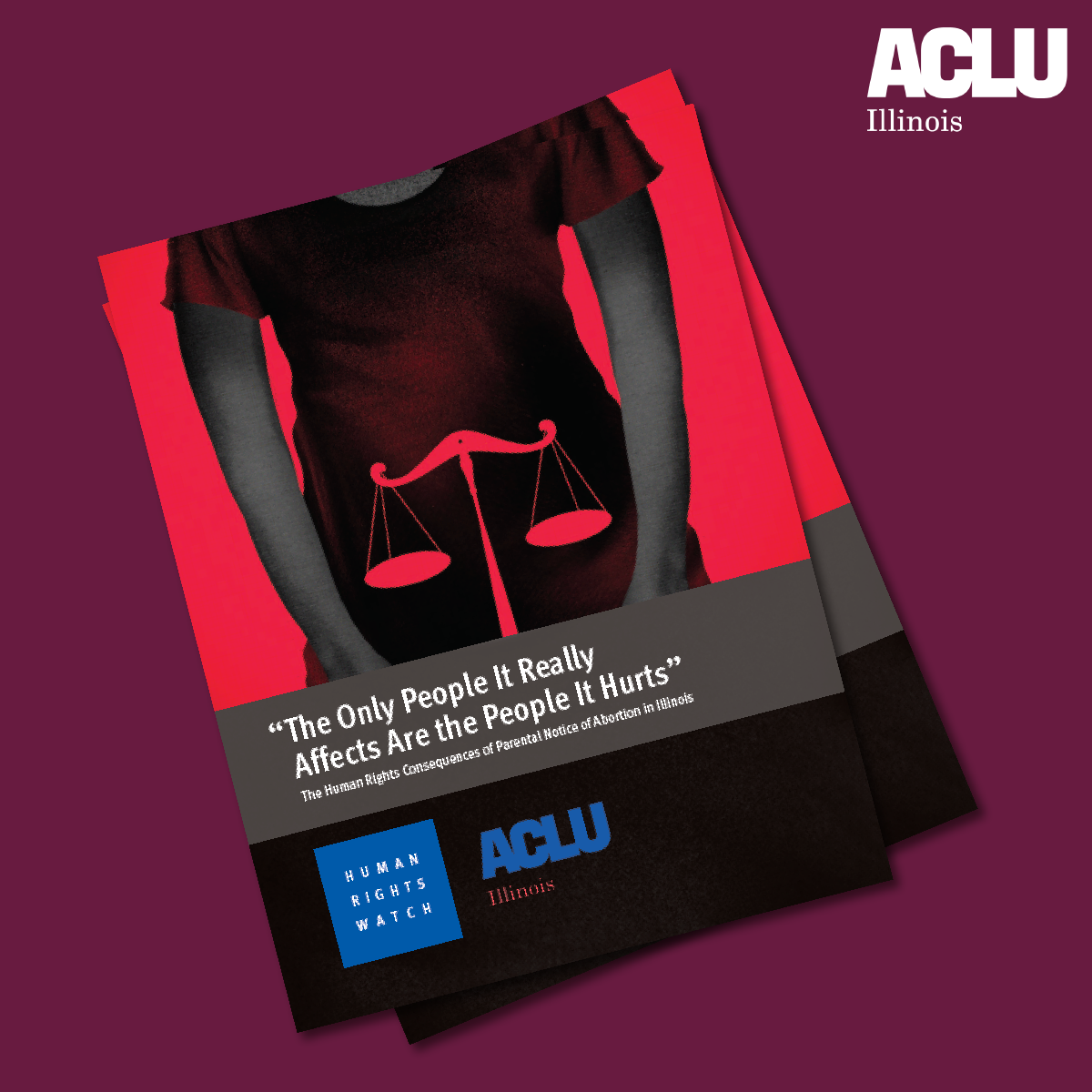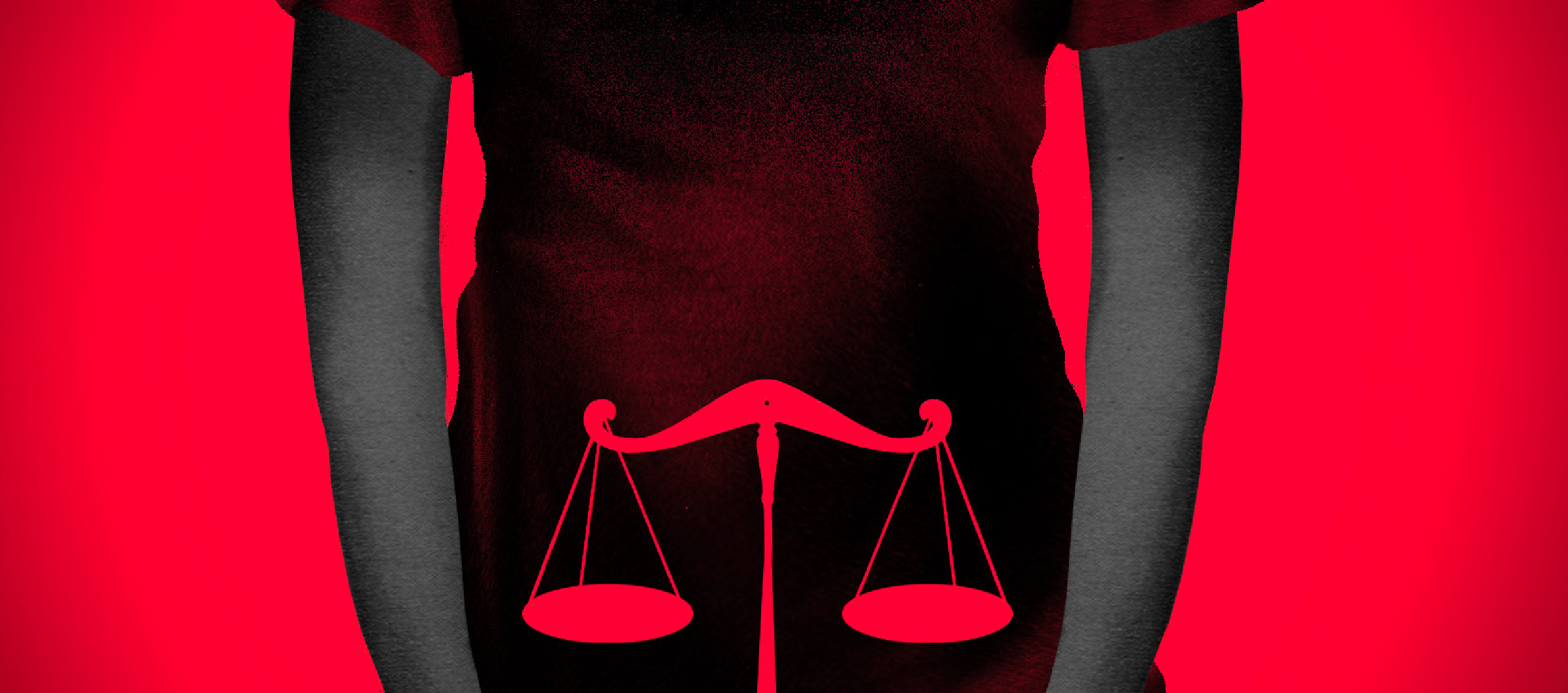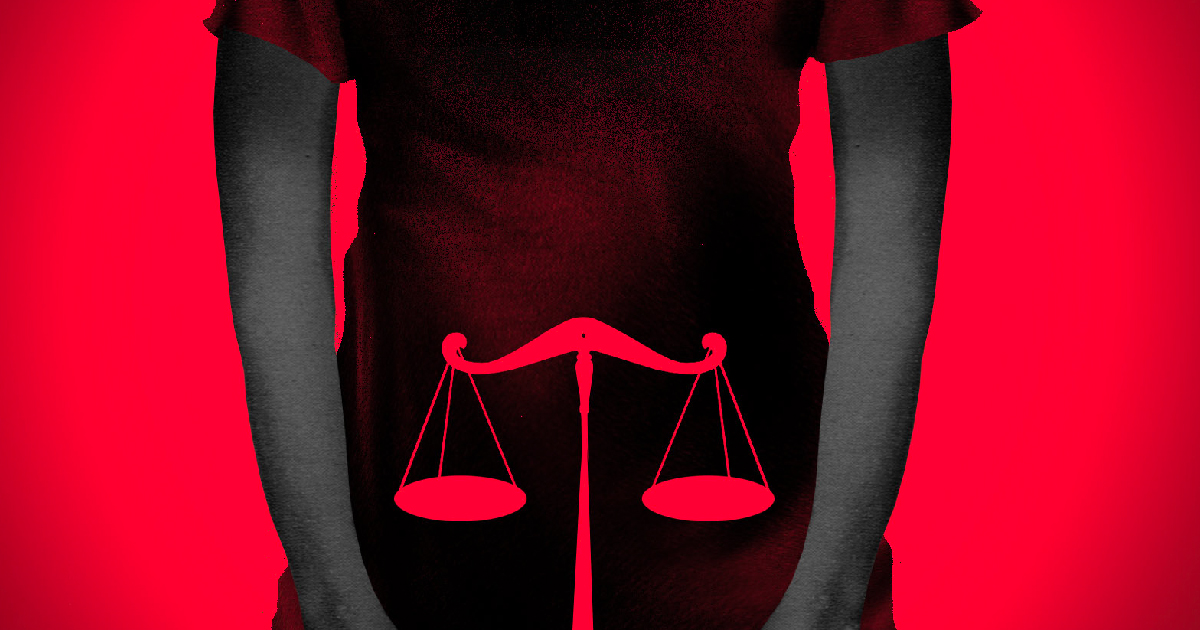Please join us for a virtual conversation as we launch a joint report by Human Rights Watch and the ACLU of Illinois, "The Only People It Really Affects Are The People It Hurts": The Human Rights Consequences of Parental Notice of Abortion in Illinois on Illinois’ Parental Notice of Abortion Act (PNA).
In effect since 2013, PNA requires a healthcare provider to notify an adult family member of any patient under 18 at least 48 hours in advance of providing an abortion. Young people who do not want to involve a qualifying adult family member—often because they fear forced continuation of a pregnancy, abuse, or alienation from their families—can go through “judicial bypass” to demonstrate to a judge that 1) they are sufficiently mature and well enough informed to make the decision without parental involvement, or that 2) parental involvement is not in their best interests.
Join the conversation on March 11th to hear more!
Featuring:
- Hannah Baity (she/her) is a youth organizer with the Illinois Caucus for Adolescent health and a first-year student at the University of Illinois-Springfield. Born and raised outside of Chicago, Hannah has been involved in advocacy on young people’s sexual and reproductive rights since 2017. In 2019, Hannah testified before the Illinois General Assembly in support of a bill to repeal PNA.
- Dr. Rebecca Commito (she/her) is an obstetrician-gynecologist in Chicago. She provides sexual and reproductive healthcare to young people under 18 and adults. In recent years, she has counseled dozens of young people pursuing judicial bypass in Illinois under PNA.
- Emily Werth (she/her) is a staff attorney at the American Civil Liberties Union of Illinois where her work focuses on women’s and reproductive rights. Emily joined the ACLU of Illinois in the fall of 2014. She is a 2006 graduate of the University of Chicago and a 2011 graduate of Harvard Law School. She has represented dozens of young people seeking judicial bypass in Illinois under PNA.
- Margaret Wurth (she/her) is a senior researcher at Human Rights Watch where she focuses on the right to health. She has done research and advocacy on a wide range of human rights issues, from the impacts of the Zika outbreak in Brazil, to access to abortion care in the Dominican Republic and Honduras. She is a graduate of the University of North Carolina-Chapel Hill and Columbia University Mailman School of Public Health.
- Moderated by Laura S. Washington (she/her), a Chicago Sun-Times contributing columnist and political analyst for ABC 7, Chicago’s ABC-owned station. In 2015 and 2019 she served as a Fellow at the University of Chicago’s Institute of Politics. Washington brings more than two decades of experience as a multi-media journalist and non-profit professional specializing in African-American affairs, local and national politics, race, and social justice. From 2003 to 2009 she served as the Ida B. Wells-Barnett University Professor at DePaul University. She is the former editor and publisher of The Chicago Reporter, served as deputy press secretary to Chicago Mayor Harold Washington and received her Bachelor’s and Master’s degrees from Northwestern University. Her work has been honored with dozens of local and national awards, including two Emmy Awards, the Peter Lisagor award, the Studs Terkel Award for Community Journalism and the Racial Justice Award from the YWCA. Her work and commentary has been widely featured in the national media, including Time Magazine, the Associated Press, New York Times, NBC Nightly News, MNSBC, PBS News Hour and the BBC. Washington is a frequent lecturer and moderator for local and national audiences.
Event Date
Thursday, March 11, 2021 - 4:30pmFeatured image
